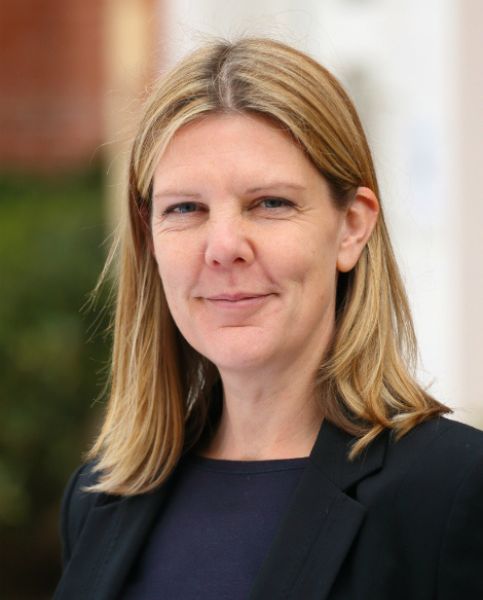News sources have reported on the conclusions of a Ministry of Justice review into the presumption of parental involvement. Currently the court has to assume it is right for children to have contact with both parents, even when there are allegations of domestic abuse.
Rights under the European Convention on Human Rights places a positive duty on Judges to promote contact between a child and their parent, and requires the court to consider all alternatives before ordering no involvement.
Campaigner Claire Throssell’s two young sons Jack and Paul were killed by their father in a house fire he started. The court had granted him five hours unsupervised contact despite him previously making threats to kill himself and the children. This tragic case highlights the terrible consequences that can follow when the courts get it wrong. The boys’ deaths occurred in October 2014, the same month that the presumption was brought into force.
Ms Throssell said on BBC Woman’s Hour "There is this noise around parental rights but a deafening silence around children's rights".
In November 2020 an expert panel, on assessing risk of harm to children and parents in private law children cases, recommended that the presumption be "reviewed urgently in order to address its detrimental effects". That led to the MOJ’s review of the presumption of parental involvement, published in October 2025.
Evidence examined by the review, supported findings that the most likely outcome in a child arrangements case was for some form of involvement between a child and both of their parents, generally unsupervised, and face-to-face. Even in cases involving allegations of domestic abuse or harm.
Orders for no involvement, or substantially restricted involvement such as supervised or indirect contact, were not routinely made by the courts. There was some evidence that in cases with indicators of high risk such as convictions, protection orders and findings of harm, the court still ordered direct involvement between children and the "perpetrator" parent.
The concern is over a minimisation of domestic abuse, especially where courts deemed the abuse less serious or historic.
The report concludes that there is a high incidence of orders when the court has allowed contact to take place between children and an abusive parent.
Such decisions can have lifelong negative impacts on children. In keeping with Ms Throsell’s statement, the report also refers to evidence indicating that children's views were not always considered; if children were engaged, it was often late in proceedings.
The welfare of the child is the cornerstone of the Children Act and is the court’s "paramount consideration".
Family lawyers at Lanyon Bowdler are concerned the repeal of the presumption may lead to an increase in recommendations for fact-finding hearings. Likewise, there may be an increase in arguments between the parents, over the extent and likelihood of the risk of harm to the child, if any form of involvement in their life by the perpetrator parent is permitted. As well as what safeguards, if any, can be put in place to balance on the one hand the rights of the child to have a relationship with both parents and on the other, the child to be protected.
It may be that we see a rise in the incidence of orders for "no order", or a return to more stringent safeguarding measures. These may include permitting only indirect involvement, or spending time with the child that is supervised in a protective setting such as a contact centre.
So this U-turn on the presumption of involvement throws up many questions. It also comes to the fore just as "Pathfinder", the family court’s new approach to Children Act applications, is being rolled out.
In summary, the 2025 review has found that the presumption could be misused and as a consequence, result in outcomes which prioritise contact over safety. As ever in high conflict or complex family dynamics, each case will need to be looked at individually. Pathfinder as an approach is in its infancy. It will be interesting to see how cases are handled in light of the proposed change, when it comes about and whether its aims for swift, child focused resolutions will sit comfortably alongside those cases where allegations of risk of harm and domestic abuse are raised. For the moment the presumption, rebuttable as it is, remains the legal status quo.
To find out more about Pathfinder read our blog or listen to our podcast which discusses the Pathfinder’s pilot scheme in North Wales.
"*" indicates required fields

 Back
Back
















